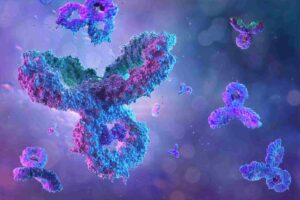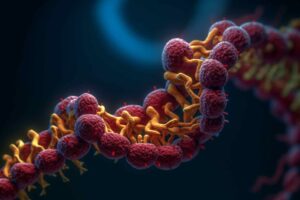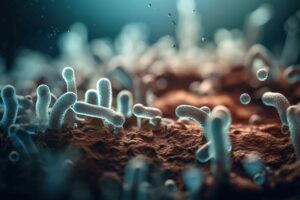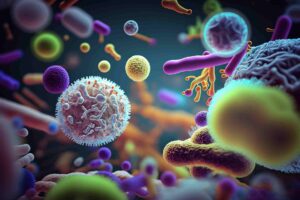Gastroenterology
Gastroenterology, Video
Osnat Tirosh, Head of Microbiome Research & Innovation at Biomica, talks about the validation of the mechanism of action of BMC333 consortia through pre-clinical studies in IBD models.
Gastroenterology, Immunology
IgA can modulate the exposure and immune response to commensal microbes, and its levels determine the severity of immune dysregulation and clinical symptoms in people with IgA deficiency.
Gastroenterology, Scientific research
The findings of a new study suggest that the new nanomedicine approach can improve the delivery of TNF-α-siRNA in people with IBD.
Cardiology, Gastroenterology
A recent study poses the basis for the use of microbiome profile in AF risk prediction.
Gastroenterology
The findings of a recent study suggest that the gut microbiota contributes to improve metabolic health after gastric bypass surgery.
Gastroenterology, Neuroscience
Depressed BD patients present significant alterations in the taxonomic compositions of their gut microbiota, and this may be related to inflammatory pathways and depression severity.
Gastroenterology, Scientific research
The findings of a recent study suggest that a mild gastrointestinal infection can alter gut commensal populations in ways that boost the commensal’s ability to proliferate during an infection.
Gastroenterology, Neuroscience
Cocaine users have an altered gut and oral microbiota composition and function, which can be rescued by rTMS-induced cocaine abstinence.
Gastroenterology, Scientific research
The findings of a recent study suggest that changes to the gut microbiotas in space may be associated with a loss of bone density.
Gastroenterology, Pediatrics
The findings of a recent study offer new insights into the diversity of the human virome and provide a resource that may help future research into the viruses that populate…











